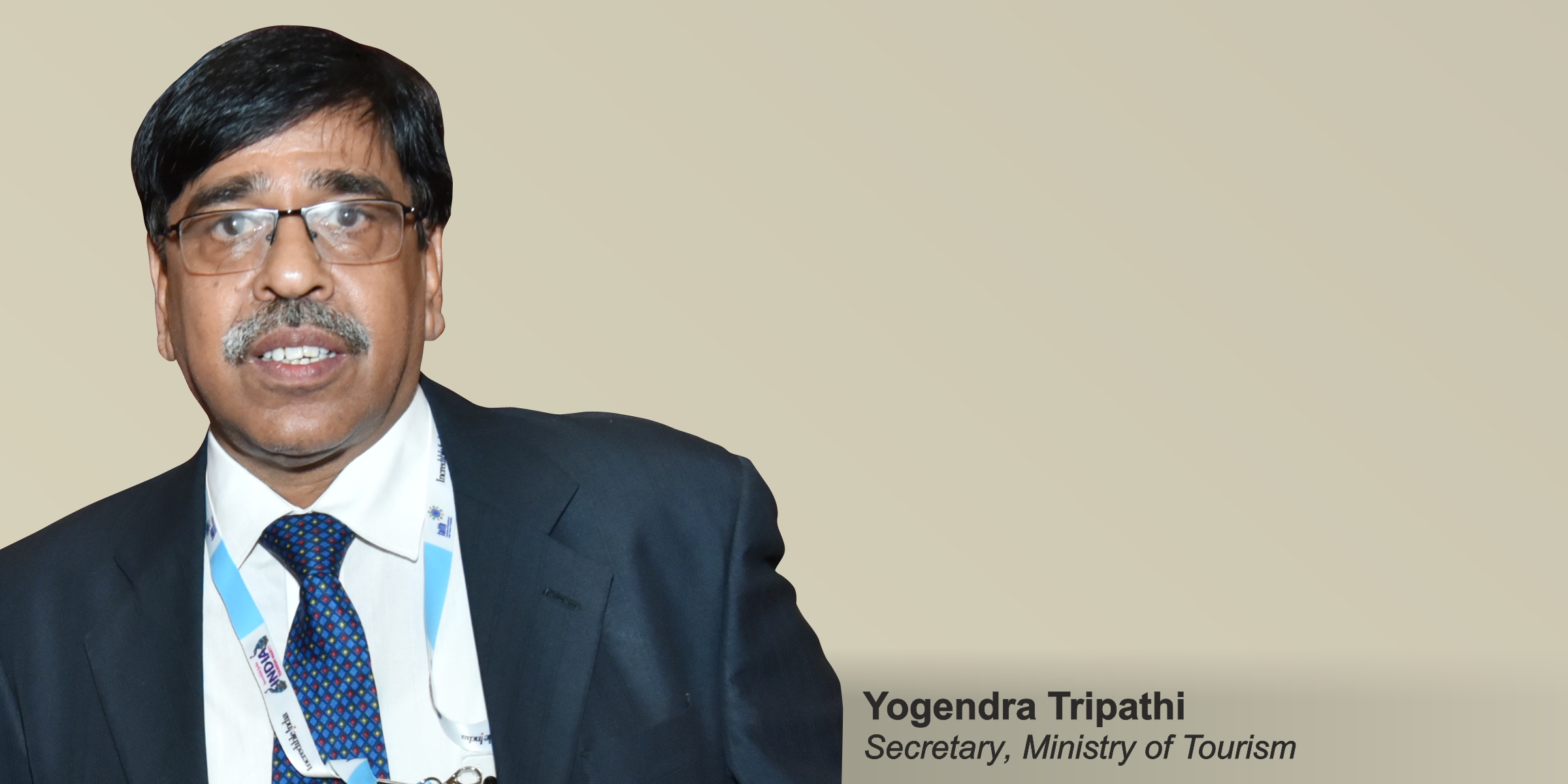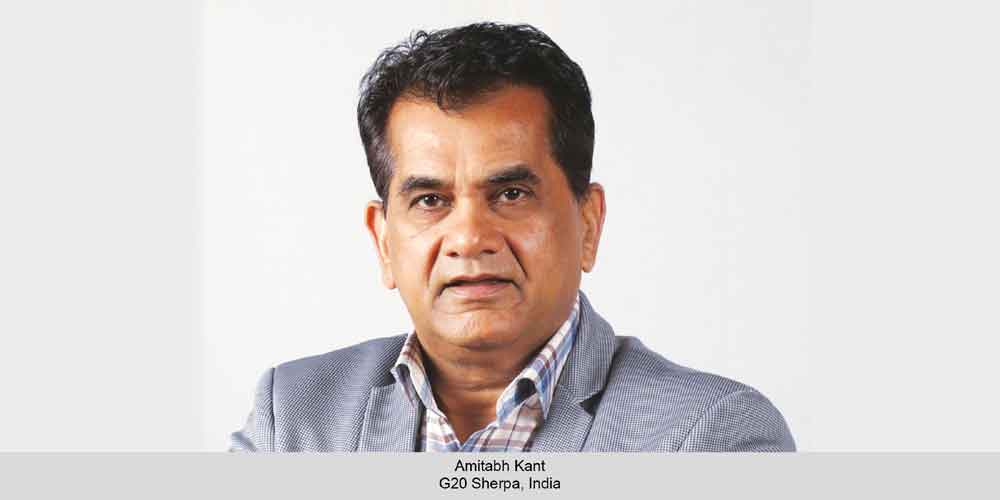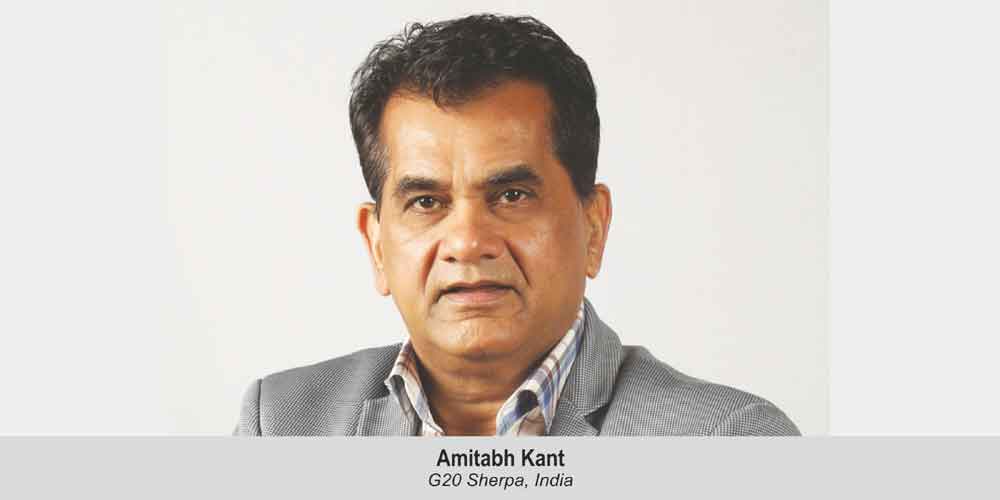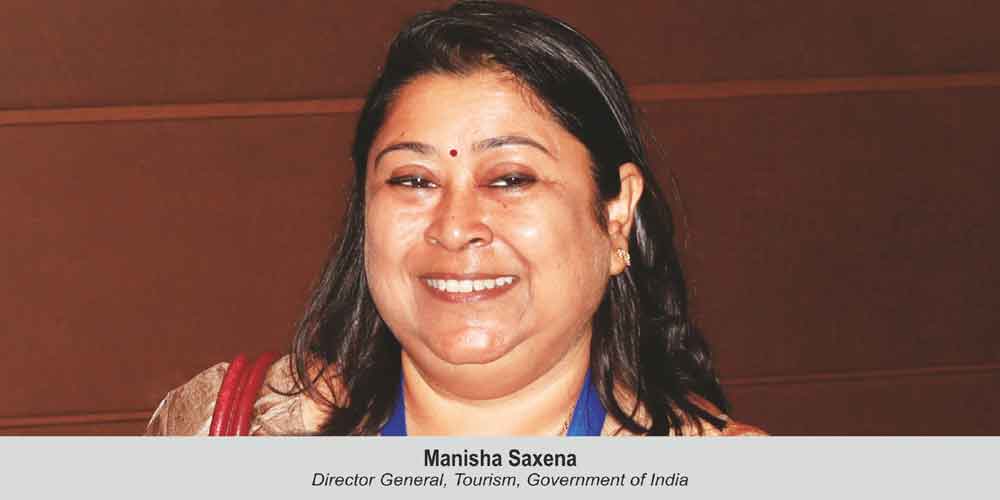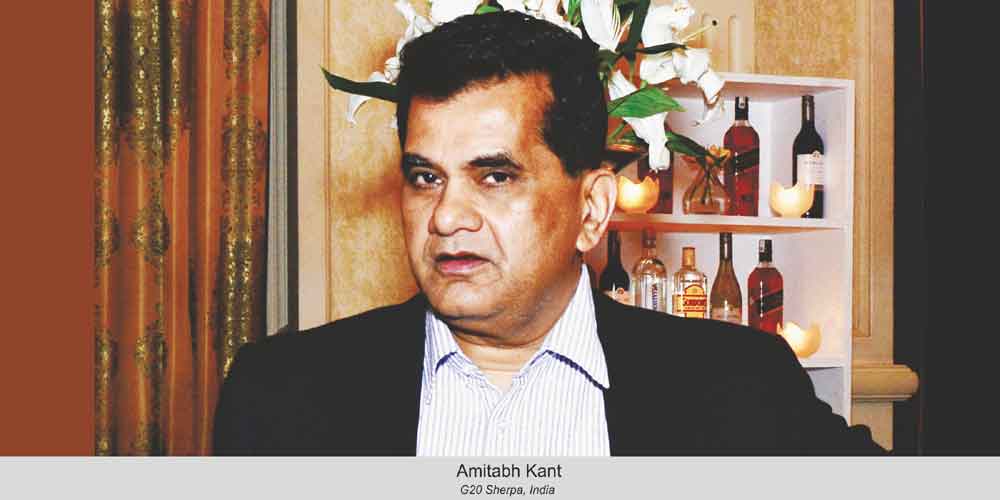Putting the industry disappointment to rest, Yogendra Tripathi, Secretary, Ministry of Tourism, in an exclusive interaction with TRAVTALK, claims that the new MSME definition gives similar benefits to the services sector as it does to manufacturing. He also elaborates on the soon-to-be-launched detailed operational advisories for industry stakeholders.
The tourism industry was visibly and vocally disappointed when it found no mention in the stimulus package announced by the finance minister last month. However, Ministry of Tourism (MOT) claims that the stimulus package does benefit the tourism industry through the new definition of MSME, and that they will be handholding the industry as it moves towards revival.
Addressing industry concerns, Yogendra Tripathi said, “The initial feeling of the industry that tourism did not find a mention in the stimulus package was in some ways misplaced. Throughout my tenure, I have been hearing from the industry that 75-80 per cent of the stakeholders in the tourism sector fall under the MSME category. The biggest announcements under the Atmanirbhar Bharat Abhiyan package are pertaining to MSMEs. In fact, we clarified with the industry that the biggest announcements are there for them as well.” Explaining further, he shared, “The fact that the differentiation of definition between the manufacturing and the services sector MSME, which has been removed and the cap that has been changed for the services sector MSMEs (like tourism sector MSMEs) shall bring benefits. It’s not just the benefits which have been given, but it also further expands the scope of the tourism industry, to be part of the MSME definition and to take the benefits, which are due under the MSME category of Atmanirbhar Bharat announcements. We are bringing up some of the industry’s difficulties to appropriate authorities to see if we can resolve them, so that more benefits reach out to the MSME tourism industry.”
Talking about SOPs that were released on June 8, 2020 for tourism stakeholders, including hotels and restaurants, Tripathi said, “The tourism industry has welcomed this move. The document with detailed SOPs by MoHFW is a good document. On one side it enables industry stakeholders to start their operations and on the other, it gives confidence to consumers that the stakeholders are going to take precautions. Hence, two major steps have already been taken by the government, giving a platform to all stakeholders in the industry to move forward and start operations.”
MOT has now come up with more detailed operational advisories for tourism stakeholders and states, to ensure that operations happen smoothly and consumers are confident of using their services. “We have been in discussion with stakeholders and have been taking inputs regarding what they feel is the right way of starting operations. We shared our inputs when the SOPs were being finalised by the Ministry of Health & Family Welfare. As the next step, to further give confidence to state governments and industry stakeholders, we have come up with more detailed operational advisories to help stakeholders in ensuring that their operations happen smoothly on one side, and this would also give more confidence to the consumers that our stakeholders would be operating, not only as per SOPs, but would be following very detailed functional operational advisories. Therefore, it should help in building confidence not only among the people who are going to do business, but also among the people who are going to use the services,” he revealed.
In addition, Tripathi said that he is in constant discussion with tourism secretaries of states. “I must say that even in difficult times, the kind of positivity I feel by talking to them is amazing. Once we come out of COVID-19, travel will start and naturally, it would be to places that people haven’t seen in their states, as protocols within states will be uniform. Hence, a visitor or consumer would feel more confident. All the state governments are active towards identifying the areas which could be safer to visit in these times, so that they can give an idea to people within the state and neighbouring states as to what would be better to visit.” This, according to him, indicates that the next stage will be to open domestic tourism areas based on how the situation evolves.
International plans?
Tripathi says that talking about international marketing plans would be premature as of now.
“Keeping in view our traditional markets as well as emerging markets, we will strategise and have our plan worked out to promote international tourism. However, I must say that though we may not be on the television publicising internationally for tourism, we are present on social media with soft messages, instead of aggressively inviting tourists, to ensure that we are remembered and continue to be remembered as a destination,” he shared.
Applauding the attitude of the industry while claiming that the tourism industry was and is one of the hardest hit sectors, he added, “Even in these difficult times, all the stakeholders have been very optimistic, although they may have their disappointments. I am sure each one of them has his own difficulties, but despite that they have come forward and retained their positivity, their enthusiasm for what is required of their professional roles, which is reflected through the level of interaction that industry associations have had with the government. They have also been organising webinars, and an exchange of ideas is happening in the industry as they try to gauge the impact of COVID-19, how the spectrum would change, how they would need to modify and change, and how the new normal would be.”
 TravTalk India Online Magazine
TravTalk India Online Magazine

